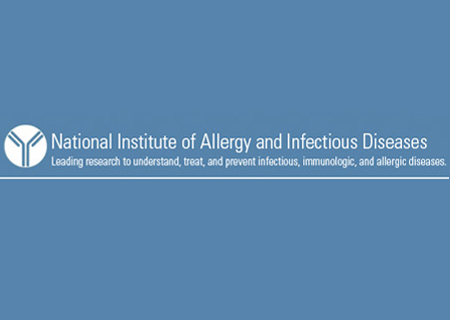The viruses that cause cold sores, chickenpox, and shingles seem to require a host cell protein complex in order to initiate infection. However, certain antidepressants may disrupt the activity of that complex and perhaps prevent infection. Atleast this is what scientists from the National Institute of Allergy and Infectious Diseases (NIAID), part of the National Institutes of Health claim.
In these cell and tissue studies, which involved the herpes simplex virus (HSV) and varicella-zoster virus (VZV), HCF-1 was believed to have been required in order to engage LSD1 to the viral genome and initiate infection. Apparently, HSV infection can cause cold sores and genital lesions, whereas VZV infection causes chickenpox and shingles.
For the purpose of the study, lead author, Thomas M. Kristie, Ph.D., chief of the Molecular Genetics Section in the NIAID Laboratory of Viral Diseases was observed to have reduced levels of either HCF-1 or LSD1.
The experts seem to have found a corresponding decrease in the ability of HSV and VZV to express the viral genes necessary to continue infection. Supposedly, these findings recognized the relationship between LSD1 and HCF-1 and the significance of each protein in initiating both HSV and VZV infections.
From earlier studies, the study authors knew that LSD1 is known to be similar to a family of enzymes whose activity is inhibited by monoamine oxidase inhibitors (MAOIs), drugs used in treating clinical depression, anxiety and other disorders.
Therefore, the authors were believed to have examined the ability of the MAOI drugs pargyline and tranylcypromine (TCP) in order to reduce HSV and VZV infection and observed considerably decreased levels of the virus. The observation is known to have identified LSD1 as a vital control component and target for preventing herpesvirus infection.
After the initial infection, both HSV and VZV seem to have entered a hidden state inside nerve cells of the infected host. Periodically these viruses could perhaps reactivate in order to produce infection and disease. The authors were noted to have demonstrated that, besides preventing infection, the MAOI drug TCP also may prevent HSV reactivation.
“As LSD1 is a well-defined target of MAOIs and these pharmaceuticals are widely used therapeutically, these observations identify a novel therapeutic target for herpesvirus infections and enhances the importance of ongoing efforts to develop additional LSD1 inhibitors,” elucidates Dr. Kristie.
The findings of the study revealed that the host enzyme LSD1 appears to interact with an essential host protein (HCF-1) that the herpesviruses need in order to infect host cells. Dr. Kristie claimed that, the study significantly appears to contribute to the understanding of the mechanisms used by these viruses so as to infect host cells and their cycles of latency-reactivation.
The study authors are believed to continue their investigation of the unique HCF-1 protein complex in order to recognize other components that are crucial for initiating herpesvirus infections and reactivating these viruses from latency.
The findings of the study have been published in the journal, Nature Medicine.

